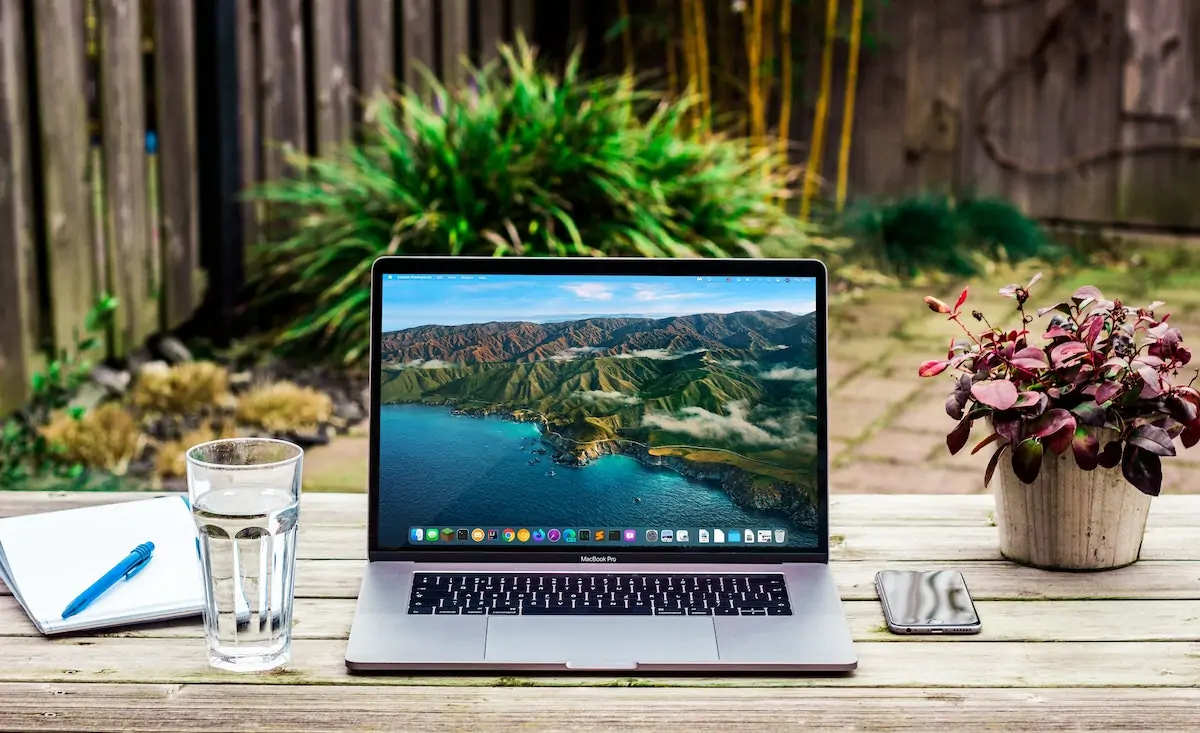
Self-Employed Allowable Expenses – Self Assessment
2 Feb 2020If you’re self-employed allowable expenses in the UK then each year you’ll have to fill out a self-assessment tax return to HMRC, showing your income for the year and the income tax you are liable to pay based on that.
Part of completing your self-assessment consists of calculating out your expenses - some of which you can deduct from your tax bill, but others which you must pay tax on.
Doing your tax return can be a daunting task, particularly when ironing out the finer details like allowable expenses. So, our team of tax accountants have simplified the expense side of things for you, breaking down the self-employed allowable expenses.
What are self-employed allowable expenses?
When you’re completing your tax return, these are some of the costs that usually count as allowable business expenses.
Office expenses
You can include business stationery, printing costs (including printer ink) and postage. You can also include business equipment like desk phones and mobile phones, office desks and chairs, computers and printers and computer software, but you may have to claim these as capital allowances if you don’t use cash basis accounting.
Software licences and a business proportion of your home telephone and broadband bills are also allowable expenses.
Business premises/working from home expenses
You can claim expenses for rent, maintenance and repair, utility bills, property insurance and security. You can’t claim expenses for buying or building your business premises.
If you run your business from home, you can include part of your home utility bills. On your electricity bill, for example, your claim is based on using power for your business equipment and lighting your office. However, you need to work out the proportion of your home that’s used for business, and what proportion of the month it’s being used for business purposes.
So, if you use one room out of five, for example, you can claim 20 percent of the utility bills, mortgage interest, rent and your Council tax bill.
HMRC has produced a Business Income Manual that includes a chapter which sets out the allowances available if you work from home.
If you work from home at least 25 hours a month, you can use HMRC’s ‘simplified expenses’, which is a flat monthly rate calculated by the government.
|
Hours worked at home per month |
Flat rate per month |
|
25 to 50 |
£10 |
|
51 to 100 |
£18 |
|
101 and more |
£26 |
However, that flat rate does not include telephone or broadband expenses. You can claim the business proportion of these bills by working out the actual costs.
Before opting for simplified expenses, you should compare the flat rate with your actual allowable costs using this government calculator.
Related: VAT on business entertainment explained
Travel
You can include business-related car or van costs, including vehicle insurance, fuel, hire charges, repairs, servicing and breakdown cover. This can be difficult to calculate, so you can use simplified vehicle expenses, which is a flat rate provided by the government.
|
Vehicle |
Flat rate per mile with simplified expenses |
|
Cars and goods vehicles first 10,000 miles |
45p |
|
Cars and goods vehicles after 10,000 miles |
25p |
|
Motorcycles |
24p |
Again, you should compare your actual allowable vehicle costs with the flat rate.
You can also include business travel by train, bus, plane or taxi, and hotel rooms and meals during overnight business trips.
Bear in mind that travel for meetings, site visits etc. is included, but you can’t claim for the cost of travelling between home and work, so commuting or travelling to your business premises doesn’t count.
Also note that if you take a journey for both personal and business reasons, you must be able to separate out the business cost in order to include it.
Related: What is Xero Cloud Accounting?
Stock and materials
If you manufacture products or buy products for resale, you can include the cost of your stock, your raw materials, and the direct costs that arise from producing your goods. As well as the direct costs, you should also include any costs associated with production such as capital costs for machinery, service and maintenance costs, and costs of any consumables associated with the machinery.
Legal and financial costs
If you need to hire a professional like an accountant, a solicitor, a surveyor or an architect for business reasons, you can include the cost in your calculation.
You can also include bank, overdraft and credit card charges, interest on bank and business loans, hire purchase interest and leasing payments. Note that if you’re using cash basis accounting, you can only claim up to £500 in interest and bank charges.
Business insurance
You can include the cost of business insurance, for example public liability insurance and professional indemnity insurance.
Marketing
The cost of marketing including direct and indirect costs of market research, newspaper or online advertising, directory listings, mailshots, email campaigns, free samples and website costs can be claimed.
If you exhibit at trade fairs or exhibitions, you can claim any site charges or design and construction fees related to your stand.
If you use distributors or agents to market your products, you can deduct any associated costs such as fees or training and marketing support material.
Website costs include hosting charges, software to set up your site, domain name charges and any site design, management or maintenance fees.
You can’t claim for entertaining clients, suppliers and customers, or event hospitality.
Charitable donations
If you make donations to registered charities, directly or through Gift Aid, for example, you can deduct the amounts as an allowable expense.
Clothing
You can include the cost of work-related uniforms, necessary protective clothing, or costumes for actors or entertainers, but you can’t include the cost of everyday clothing that you wear to work.
Staff costs
Employee and staff salaries count as allowable expenses, as do bonuses, pension contributions, benefits, agency fees, employer National Insurance contributions and staff training costs.
If you hire contractors or freelance staff, you can also deduct their fees.
Related: How To Handle Employee Off With Work Related Stress
Subscriptions
You can include the cost of membership to trade bodies or professional membership organisations if they’re relevant to your business, and the cost of subscriptions to trade or professional journals.
Calculating your self-employed allowable expenses
When you complete your tax return, you may get the option to give a single figure for your allowable expenses or to give a detailed breakdown.
If you choose to enter a single figure, you still need to work out all your expenses accurately, and keep a record of your workings in case HMRC queries your figures.
You should also keep receipts or other proof of purchase. You don’t need to include these with your tax return, but you may need to present them if you’re subject to a tax investigation.
Although paper receipts have been the norm, you can also retain receipts in digital form, either scanned or photographed on a smartphone and filed for easy retrieval.
Tax can be complicated, and you can face fines if you make a mistake on your tax return. Our team of small business accountants are highly experienced in helping self-employed individuals through the self-assessment process. Get in touch with them today for further advice, or try our instant quote tool and one of them will contact you shortly.
Read More: How To Pay Self-assessment Tax & Deadlines
Read More: Will I Get A Tax Refund If My Self-Employment Business Loses Money During Covid 19?





















